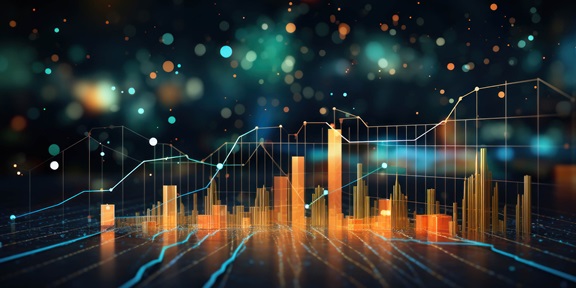2023 marks the 28th year where governments will discuss how to limit and prepare for future climate change. Ahead of this year’s COP28, Bronwyn Claire and Sophie Heald from our Climate & ESG Solutions team spoke to Responsible Investor about the role of climate scenario analysis in the global transition towards a net-zero economy.
In this interview, Sophie and Bronwyn:
- Discuss how investors can use climate scenario analysis to understand the challenges as well the massive potential investment opportunities that will emerge as part of the transition.
- Explain the kinds of data needed to enable an effective climate scenario analysis.
- Compare the different approaches in working with climate data.

Sophie Heald
"The key value-add of climate scenario analysis is it helps inform investors about the distribution of impacts how companies, sectors, regions and asset classes are affected differently – and gives them information they can use to conduct stress tests and risk assessments that support strategic asset allocation decisions."
"There’s no doubt that climate change and the transition is going to have impacts for risk and return across asset classes. Equities are typically more volatile than other asset classes, given that valuations are sensitive to GDP shocks. Therefore, equity returns will be affected if certain assets look as though they will be ‘stranded’. On the other hand, however, fixed-income assets such as government bonds could provide some short-term protection against climate-related shocks."

Bronwyn Claire
To receive the latest insights from our Climate & ESG Solutions team on sustainable finance and climate risk management for financial institutions directly in your inbox, subscribe to our quarterly newsletter ‘Radar’.
Subscribe to Radar

Contact

Sophie Heald
Senior Climate Specialist










